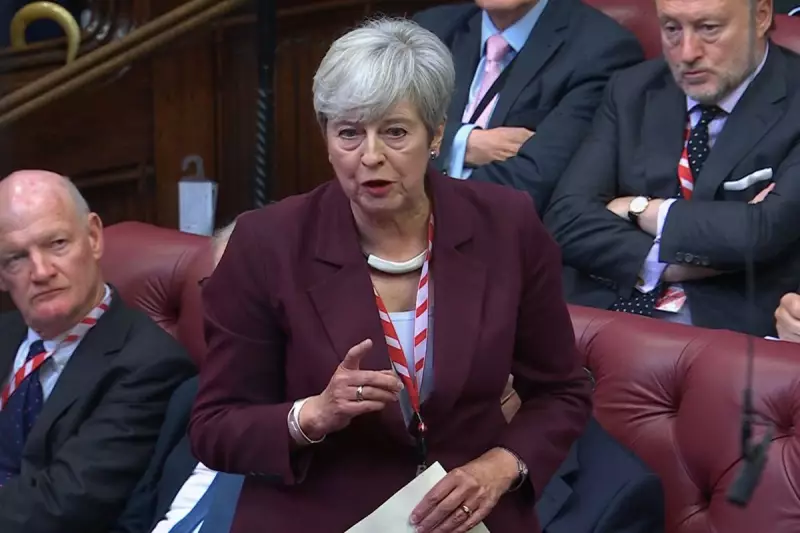
Former Prime Minister Theresa May has publicly confronted Business Secretary Kemi Badenoch over alleged attempts to undermine Britain's landmark Climate Change Act, exposing deepening Conservative divisions on environmental policy.
The extraordinary intervention came after reports suggested Badenoch had been exploring ways to dilute the UK's legally binding climate commitments, just as the government faces mounting pressure to demonstrate its green credentials ahead of the next general election.
Confrontation in the Commons
During a tense exchange in the House of Commons, Mrs May pointedly questioned whether her successor in the ministerial role remained committed to the Climate Change Act she herself had strengthened during her premiership. The 2008 legislation, which received cross-party support, commits the UK to reducing carbon emissions by 100% relative to 1990 levels by 2050.
'Does my right honourable friend agree with me that it is this government that should be proud of our record on the environment?' Mrs May challenged, adding pointedly, 'and will she confirm that she will not take any steps that would in any way remove our determination to meet our net zero targets?'
Badenoch's Defensive Response
Ms Badenoch, seen as a potential future leadership contender, offered reassurances while carefully avoiding direct confirmation about the reported internal discussions. 'I can give my right honourable friend that assurance,' she responded, while emphasising the government's 'pragmatic' approach to environmental policy.
The Business Secretary defended the government's record, highlighting achievements in renewable energy and emissions reduction, but notably avoided explicit endorsement of maintaining the Climate Change Act in its current form.
Broader Political Implications
This public disagreement reveals significant fault lines within the Conservative Party regarding environmental strategy. With Labour positioning itself as the party of green investment and climate action, the Tories face strategic dilemmas about how to approach net zero policies while managing their right wing's scepticism about the economic costs.
The timing is particularly sensitive, with environmental policy becoming an increasingly prominent battleground in British politics. The government's recent decisions on North Sea oil licensing and delays to petrol car phase-outs have already drawn criticism from environmental groups and political opponents.
As the election approaches, this public clash between two senior Conservative figures highlights the ongoing struggle within the party to define its environmental stance - balancing economic concerns against international commitments and voter expectations on climate action.





